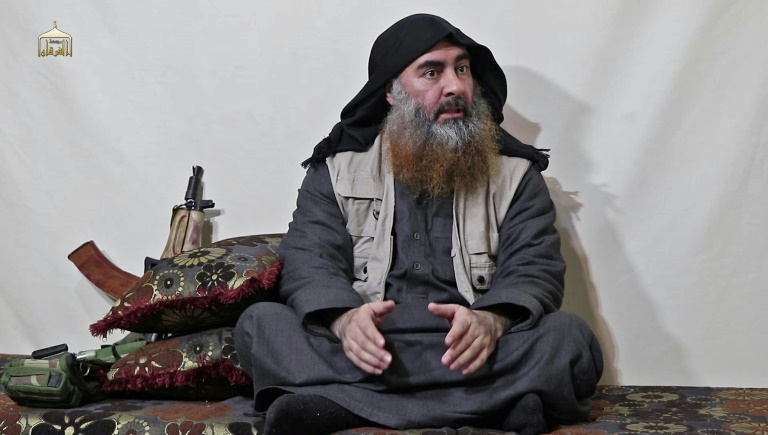
Egypt’s Dar al-Iftaa, the government’s principal Islamic legal institution for issuing fatwas (religious edicts), stated Monday that the killing of Islamic State (IS) leader Abu Bakr al-Baghdadi will not be a catastrophic blow to IS’s existence.
A report by Dar al-Iftaa’s observatory of infidelizing and extremist fatwas said that the IS has youth cadres involved in battles that have reached leadership positions in the organization.
The organization’s leadership system is deep and wide-ranging in an unprecedented way for these kind of terrorist groups, as the IS is expected to push new leaders to fill the void left by those assassinated.
The observatory noted that the IS is not expected to weaken in the near term.
According to the report, the latest Pentagon reports revealed that IS currently has between 14,000 and 18,000 terrorist elements who have pledged allegiance to Baghdadi, as well as more than 30 camps with about 11,000 IS fighters and sympathizers, confirming that IS remains a global threat.
The observatory said that there are groups loyal to IS in countries such as Nigeria, Pakistan, Afghanistan, Somalia, Libya, Somalia, the Philippines and more, and this global presence provides a foothold through which to launch attacks and recruit more fighters, providing the necessary resources for its return to Iraq and Syria.
The observatory stressed in its report that despite the IS’s structural cohesion, the killing of Baghdadi may still lead to splits within the terrorist organization.
It pointed out that Baghdadi was important to IS as their icon, so his death may lead to a disruption of the organization and disagreement among senior leaders over who will take the lead in the future.
Edited translation from Al-Masry Al-Youm




